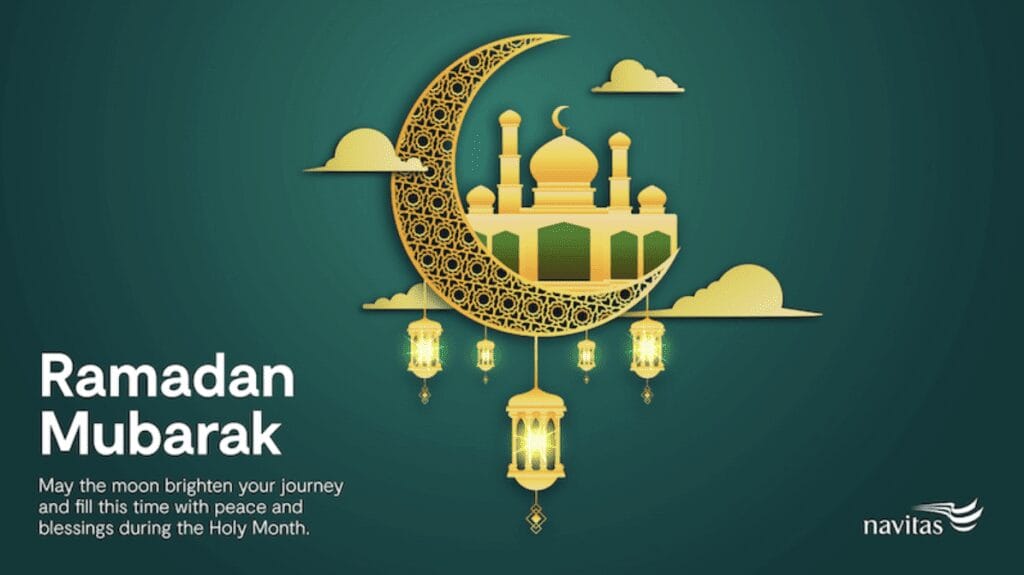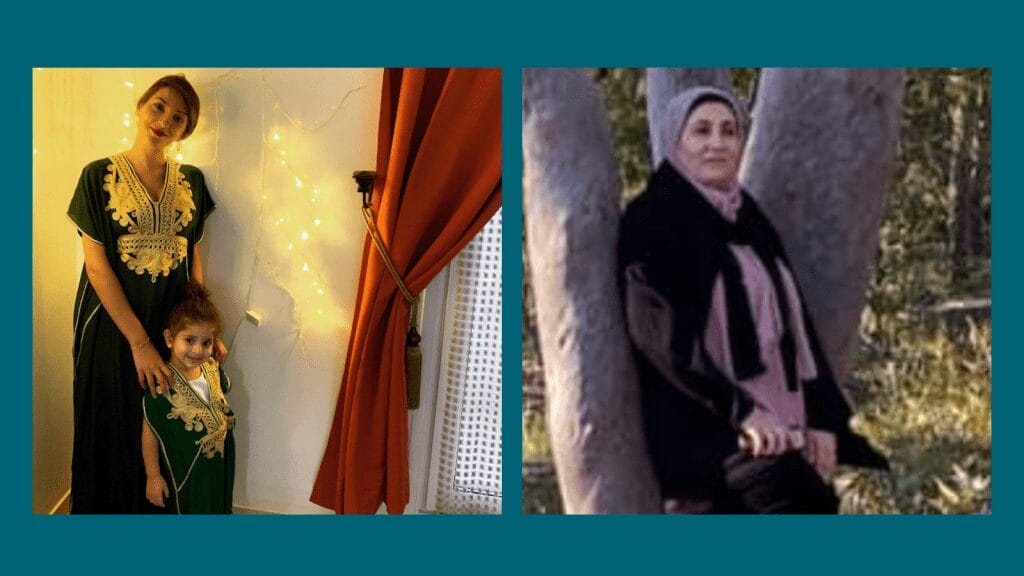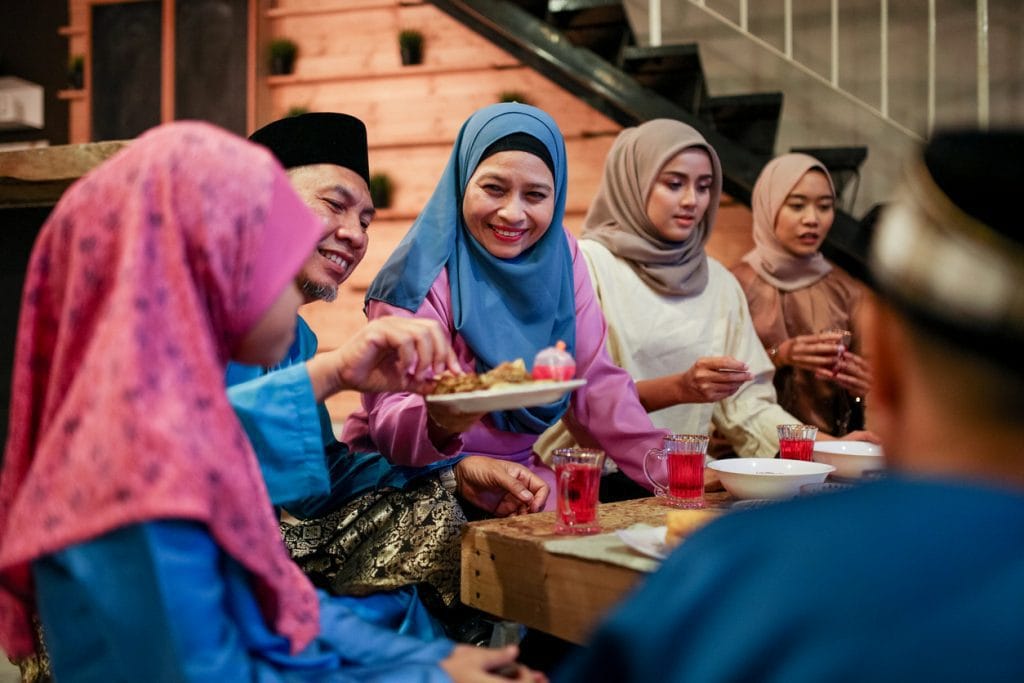Ramadan Mubarak! A look into the holy month of Ramadan

In 2024, Ramadan will begin at sunset in the evening of Saturday 9 March and will end in the evening of Monday 8 April (dates are dependent on the appearance of the crescent moon and may vary across countries). It is the most sacred month of the year in Islamic culture. Muslims around the world observe Ramadan on the ninth month of the lunar year in the Islamic calendar to recognise when Allah (or God) gave the first chapters of the Quran to the Prophet Muhammad.
During Ramadan Muslims practice sawm, or fasting, which means they may not eat or drink anything, including water, during daylight hours when the sun is in the sky. The practice of fasting during Ramadan is one of the five pillars or duties of Islam, and as with most other religious practices in Islam, Muslims participate in the fast from the age of 12.
Fasting is not the only tradition that is practiced during Ramadan. Muslims also aim to grow spiritually and become closer to Allah and their loved ones. They do this by abstaining from pleasures like smoking, drinking and sexual intercourse between sunrise and sunset each day.
We spoke to two staff members from Navitas Skilled Futures who will be observing Ramadan and asked them to provide some insight into the most holy month of the year for Muslims around the world.
What is your role within Navitas and where are you located?
Gulshan Rasheed (GR) – I’m a teacher at Navitas Skilled Futures at the Fairfield college in Sydney.
Lama Charab (LC) – I’m a Customer Service Officer at Navitas Skilled Futures at the Parramatta and Auburn colleges in Sydney.
Can you provide a brief overview of Ramadan – its meaning, what it observes and how it is practised?
GR – Ramadan is a time for unity and spiritual reflection where Muslims spend time praying, reciting the Quran and doing good deeds. They donate to charity, spend time with loved ones, and avoid lying, gossiping and fighting. All Muslims (except those who are sick, pregnant, lactating, menstruating, elderly or travelling) will usually fast. If you miss a fasting day you can always make up for it throughout the year.
LC – One of the most important aspects of the Ramadan fast is called “niyyah” which literally means “intention.” Muslims must not simply (or accidentally) abstain from food; they must achieve the requirement of niyyah. A Muslim’s intention to fast must come from the heart and from a place of worship to Allah. So if someone fasts for political or dietary reasons, they will not achieve niyyah. According to scripture, “Whoever does not make niyyah before dawn, would not have fasted”.
In much of the Muslim world, restaurants are closed during the daylight hours of Ramadan. Families wake up early, before the sun rises, and eat a meal called “sohour”. After the sun sets, the fast is broken with a meal called “iftar”. Iftar often begins with eating dates and drinking sweet drinks to give fasting Muslims a quick energy boost. It can include any type of food, but the dessert almost always includes konafa or qatayef. Konafa is a cake made of wheat, sugar, honey, raisins, and nuts, and Qatayef is a similar but smaller cake, that’s folded to encase the nuts and raisins. In between the two meals, the night-time iftar and the pre-dawn sohour, Muslims can eat freely.
What does Ramadan mean for you personally?
GR – Ramadan to me is purifying my soul and getting closer to Allah. I wait for this month all year. It is a time where I can get together with family and friends around the Iftar table in the evening to break the fast.
LC – Ramadan simply means practicing self-control and cleaning the body and mind. Many cultures and religions use fasting for this purpose. During Ramadan, fasting helps Muslims with their spiritual devotion as well as in developing a feeling of kinship with other Muslims (see photo of Lama and her daughter below).

What traditions do you observe/practice?
GR – During this holy month there’s a lot of praying, reciting the Quran and helping charity. In addition, I also prepare special dishes and sweets, especially lokmades, for my family and friends. We start fasting just before the call for dawn prayer, and we break the fast at sunset. I break my fast with dates, followed by soup, then prayer.
LC – Ramadan is considered the most joyful month of the year and the month ends with the greatest celebration of all, the breaking of the fast, Eid-Al-Fitr! Around the world Muslims celebrate with lights and decorations. One of the best traditions are the drummers who wake up people at Sohour (before sunrise) to eat. Dressed in their traditional clothing they walk through their neighbourhood waking up people with their drumming so they can eat before sunrise.
How will you and your family members be recognising the holy month this year?
GR – By fasting, praying, helping those who are in need and reciting the holy book of Quran (see photo of Gulshan above right).

LC – Ramadan begins during the ninth month of the Islamic lunar calendar when the new crescent moon is first sighted. The exact start date of Ramadan is confirmed when the moon is spotted by a sighting committee, often made up of government officials and religious scholars.
If a colleague wants to wish you well during this time, how should they phrase the greeting?
GR – They can say Ramadan Kareem, which I would reply, Allah Akram (which means God is gracious).
LC – A colleague would say Happy Ramadan, or May Allah bless this holy month for you and your family.

